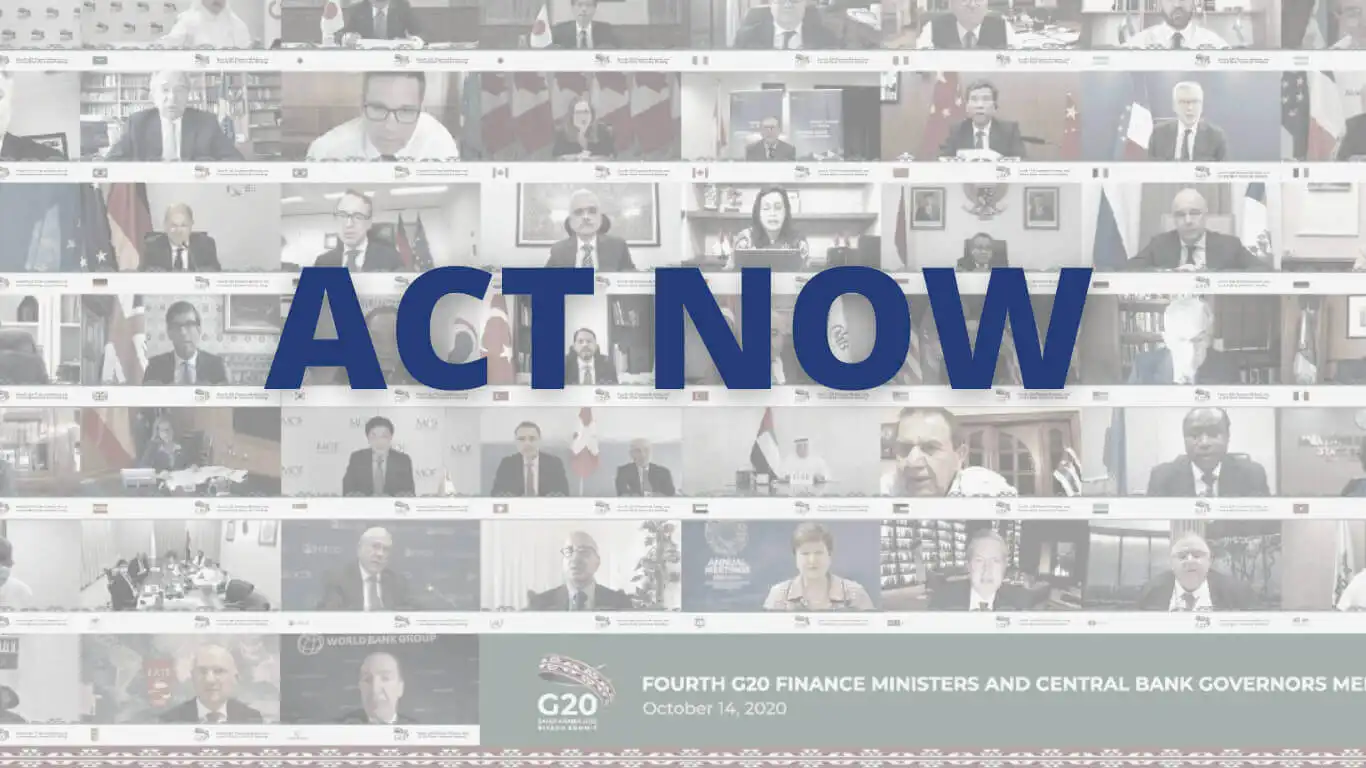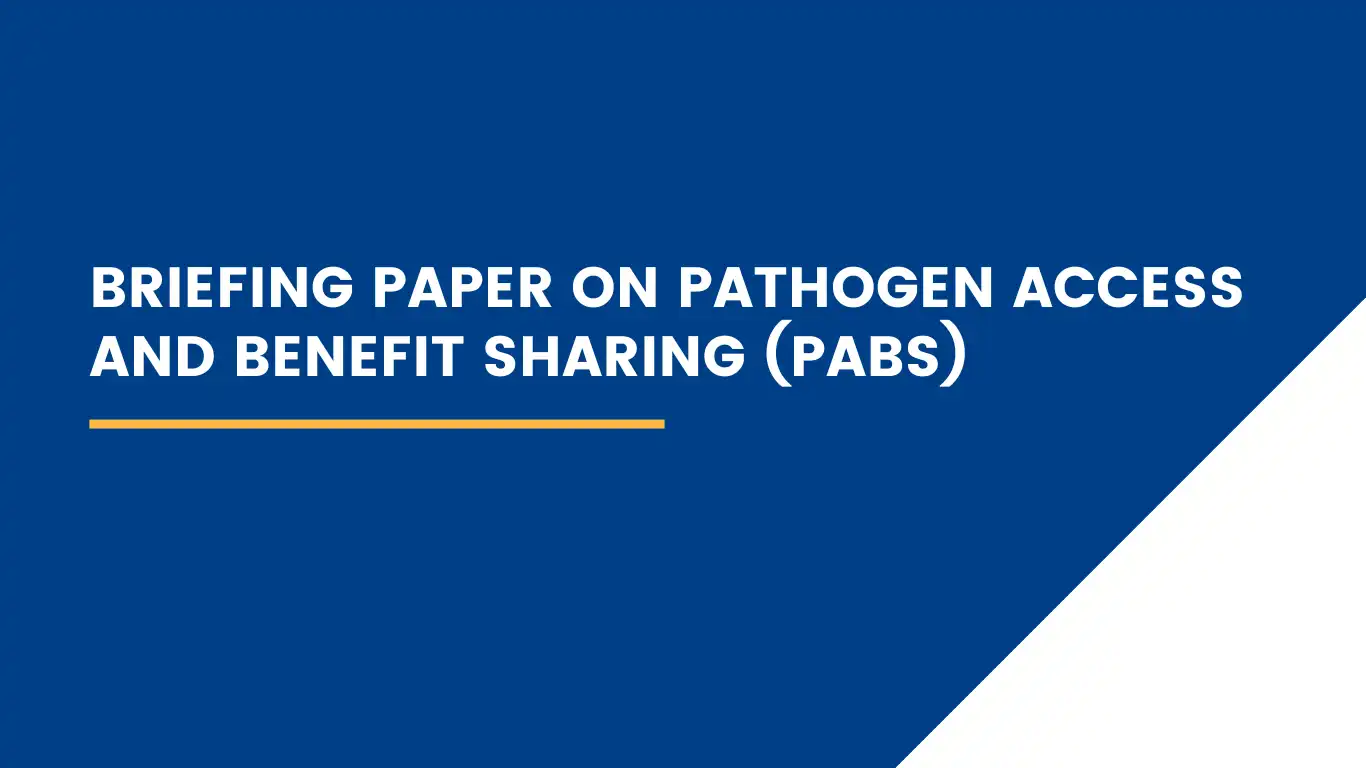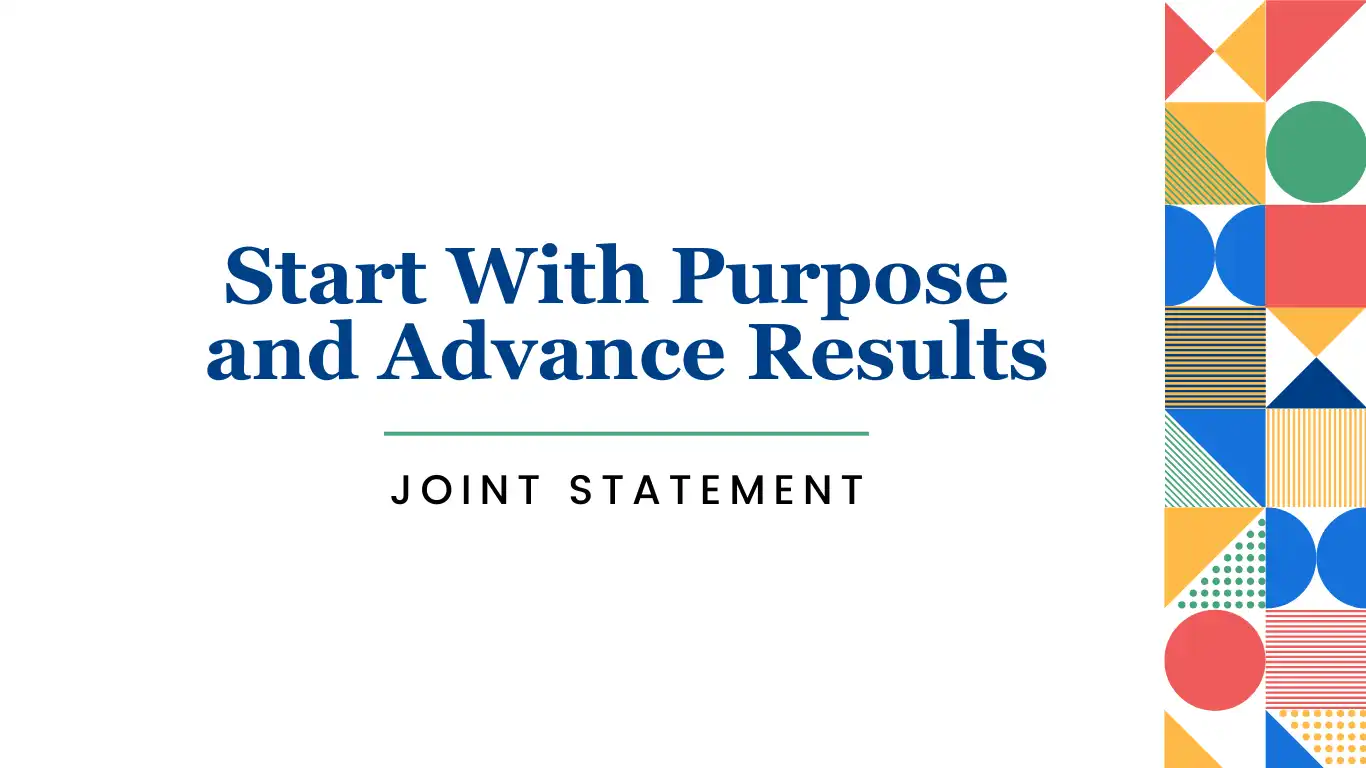By Eloise Todd
The G20 Finance Ministers meeting conclusions yesterday contained some important steps forward that will provide more resources to developing countries to fight COVID-19 and mitigate the impact on already vulnerable communities. Unfortunately, the meetings did not emphasize the need to take action on key health priorities of pandemic preparedness and prevention or on financing the Access to COVID-19 Tools Accelerator (ACT-A).
There were at least some welcome concrete steps taken yesterday. Extending the Debt Service Suspension Initiative by six months, and promising to consider a further six-month extension, frees up important liquidity for indebted countries at a time when resources are scarce. Ongoing commitments to support domestic tax revenue generation and collection in developing countries also helps economies weather the storm of this pandemic.
But on health-specific investments, it was words, not action, that dominated. Pandemic preparedness appears in the outcome text, but as all too often, as the last pillar of all – almost an afterthought. Our investments in preventing future pandemics should be top of mind, rather than at the end of the list. The G20 Finance Ministers at least agree to “enhance resilience against future shocks,” including using G20 infrastructure efforts to increase the resilience of infrastructure, as well as committing to better understanding the range of risks that lead to pandemics. At the Pandemic Action Network, we would like to see the efforts to protect our countries from future waves and risks rolled out alongside – and where possible integrated with – COVID-19 response efforts. Every effort we make in the fight against COVID-19 should leave a longer-term legacy that better prepares our countries to more effectively deal with pandemic outbreaks and – where possible – prevent them at the source. Pandemic prevention and preparedness should be among the G20’s top priorities throughout this pandemic and beyond.
At a time of crisis, we also need good intentions to convert as quickly as possible into action. While the updates to the G20 Action Plan hit the right topics, we need to see moments like G20 Finance Ministerials being used as a place to write the checks, not just agree with the general principle that more money is needed. The update to Pillar 1 of the Action Plan: “Health Response – Saving Lives,” for example, states that the G20 countries are “committed to investing in an effective response to the COVID-19 pandemic to bring the spread of the virus under control and prevent further transmission” – noting that getting on top of the disease is ultimately the only way in which our economies will recover. The reference highlighting the role of the ACT-A as a way in which we can take “forward our collective action to accelerate the research, development, manufacturing and distribution of COVID-19 diagnostics, therapeutics and vaccines” is also welcome. But with the financing gap for 2020 hovering above $14B and just over two months to go until the end of the year, a meeting of the world’s most powerful Finance Ministers must lead to immediate action in the midst of a global pandemic. Not only does that gap need to be filled, but the time it takes from pledging funds to disbursement must be accelerated so that the time lag does not cost needless delays, and ultimately, lives.
As the Pandemic Action Network works with partners to encourage vaccinations and better understand vaccine hesitancy, we welcome the G20 showing a united front in “recognising the role of extensive immunization against COVID-19 as a global public good for health.” We also recognize that this important statement must be translated into action in the weeks and months ahead.
The G20 has a responsibility not only to free up liquidity, but also to direct funds from their own countries – the richest in the world with the access to the most diverse set of financial tools – toward the world’s most urgent priorities. The G20 Leaders’ Summit, then, is the opportunity for leaders to deliver more than in principle statements, and take responsibility for directing funds to the most urgent needs.
We call on leaders heading into the November Summit to convert two clear priorities into action: first, they should ratchet pandemic prevention and preparedness up the priority list; and second, they should turn their strong support for the ACT-A into much-needed funding to help fill the more than $14B funding gap. We will work alongside partners and governments to help encourage these outcomes, but decision makers need to use every opportunity they have to deliver concrete actions and funding in the weeks and months ahead. The longer they procrastinate, the longer it will take us to get a handle on COVID-19 and lives and livelihoods will be needlessly lost. Next month, leaders have to deliver – there is simply no time to delay.



